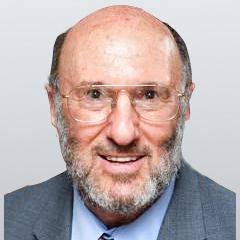Commentary
The poison pill has been in the news of late. No, this has nothing to do with strychnine or any other such way of killing people. It rather concerns Elon Musk’s desire to purchase Twitter outright (he already owns something like a 9 percent share of this company). Why does he want to buy Twitter? Why doesn’t he stick to cars and spaceships, his usual concerns? He has this weird idea that this web should be open to all shades of opinion, should not continue to be a wholly owned subsidiary of the socialist, woke, politically correct movement.





